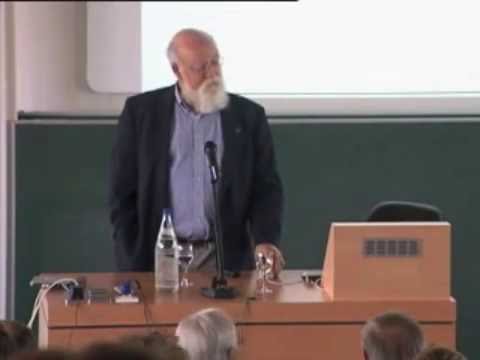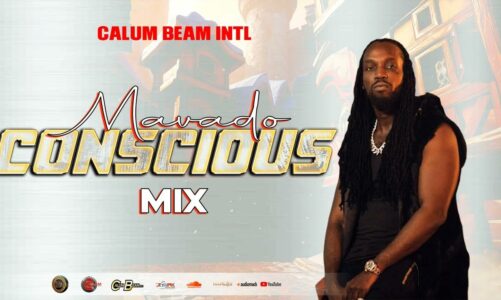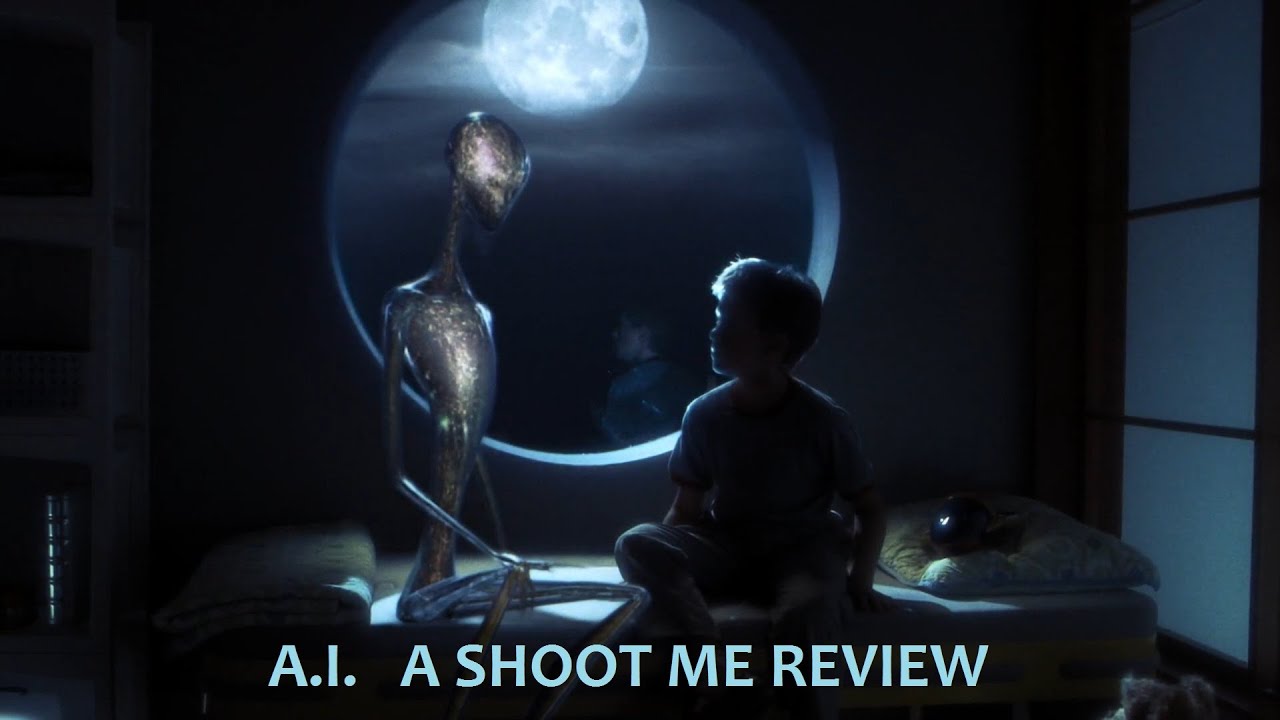Philosophy Overdose
Daniel Dennett gives a talk on his conception of consciousness as fame in the brain (what he used to call Multiple Drafts) and contrasts it with the notion of the Cartesian Theater. Dan Hutto then responds in his own talk and discusses such things with Dennett. According to Dennett, although most scientists purport to reject the dualism of Descartes—the idea that there’s an inner, private, incorporeal self or realm of the mind, distinct from the physical realm—many scientists nonetheless still accept, if only implicitly, the Cartesian assumption of there being a centralized repository where the contents of consciousness are unified and put together. Dennett calls this repository the “Cartesian Theater”, and the view which incorporates such a Theater “Cartesian Materialism” because it’s the view you arrive at when you discard Descartes’ dualism but fail to discard the imagery of an inner central Theater where it “all comes together”. But there simply is no such place. There’s no inner subject or self sitting at the controls of the brain and observing internal images in the head as they come in from the outside. Such an idea might be natural and tempting, but it throws one into an infinite regress and cannot actually explain anything at all. This means then that, among other things, there’s no fact of the matter about the precise order and time that conscious events occur.
“Cartesian materialism is the view that there is a crucial finish line or boundary somewhere in the brain, marking a place where the order of arrival equals the order of “presentation” in experience because what happens there is what you are conscious of…Many theorists would insist that they have explicitly rejected such an obviously bad idea. But the persuasive imagery of the Cartesian Theater keeps coming back to haunt us—laypeople and scientists alike—even after its ghostly dualism has been denounced and exorcised.”
This talk was given at the University of Antwerp.
http://www.ua.ac.be/main.aspx?c=.CONS
Source




what if it's 1 o'clock?
@Roger Clough
I don't know why you cannot accept replies, silly comments can generate good narrative answers.
I don't know how people can believe in an intelligent agent without a lump of fat to generate mind.
FASCINATING TALK!! Bravo, Dr Dennett!
+Roger Clough
coward, dont just do hit & run in philosophy
Daniel Dennett makes my mind explode.
I am reading the comment section and saying to myself : ''Why are there so many stupid people that actually believe that they are intelligent ? And as a future philosophy teacher, how am I going to be able to surmount this intellectual obstacle with students in class ?''
If any of you have ideas please reply. I have my own but I would enjoy entertaining my thoughts with new ideas.
The universe is relative to it self and consciousness predicts it faster than the speed of light.
Excellent lecture. But why is it that most YouTube posters don't get the concept that it would be nice to see what's on the screen the lecturer is referring to.
After listening to Chomsky's lectures Dennet seems like a philosophy undergrad in comparison. For a much more interesting take on the mind body problem I suggest Chomsky's lecture: The Machine, the Ghost and the Limits of Understanding. It requires a lot more concentration than Dennet's fluff but it actually makes some valid scientific conclusions. The most interesting is that dualism is a moot point not because of the concept of mind but because the concept of a material world as Descartes and other enlightenment philosophers viewed it stopped making sense after Newton.
Excellent lecture in my view, one of his most direct explanations of consciousness as fame in the brain. He can be so indirect in his explanations that it's hard to get to core theory. Intelligent naturalists like Steven Pinker, Sam Harris, Dawkins and many others cannot get their heads around this theory which shows it's really tough and counter-intuitive. I think the mistake one tends to make is to view consciousness as a pure, unified and substantial given, so that we miss how it is really a higher order information construction-proces. As with the matter of free will, Dennett proposes a definition that is compatible with the empirical worldview. So a discussion should always start with stating a clear definition of the phenomenon, and resist the temptation to think "you know, just CONSCIOUSNESS!".
Dennett is good. Hutto I cannot make head or tail of. He wanders off on a non-sequitur about external observers of humanity who would have difficulty understanding us because they might be constructed differently. Which has absolutely nothing to do with the speech Dennett had given.
I would call what you are doing the tractable consciousness problem or the attention or the awareness problem.
What lay people mean by consciousness is not a summarising/fame system, but an intensity of experience. It is also a ethical question. Can this being really feel pain? If not I don't have to be careful with it.
I have an internal experience of apprehension of my world. I think it possible to have such an ability without endless Descartian regress. I would not need it to function identically as I do now. You want to pretend it isn't there because the notion is scarily woo. One major puzzle, is what possible Darwinian use is the subjective experience part of such a theatre? Why could it not just compute?
If an AI device had consciousness in the same way I do, we would have to treat it differently than if it were a zombie. Claiming we are all zombies asks us to ignore the obvious impossible "theatre" which there is no reason to presume a zombie would have.
I suggest instead a different approach. Just name consciousless as factor X. Try to find a way to measure it by asking people to subjectively guess its value. See what it correlates with. It may well be something else, not matter, not energy, and NOT woo, just another fundamental thing we have so far overlooked on the principle of fish having trouble discovering water. To me it seems fundamentally different from anything else.
It seems plausible that subjective consciousness is like a field that gets automatically generated in the presence of intense computation. I think it premature to dismiss it with a handwave, just because it is so darn intractable.
The starting point in all science is finding a way to measure something. We need to measure the intensity of that sensation of presence.
The "brain" in the 50s was called a telephone switch board. In the 80s it was an analog computer. Now it's a digital computer. Dennett's philosophy is a joke. Redefining words to fit his condescending conjectures. Good grief. Get over yourself Santa Claus.
DENNET IS LAME IN THE BRAIN
Hearing morons like him speak makes me loose faith in the integrity of human intelligence.
Great vids! Thanks!
Consciousness is not empirical – how could it be ?
No, consciousness is transcedental.
Check out Kant.
BS
I never feel badly that I don't grasp all that he espouses after realizing that he has taken years at times in just articulating it better . Still he keeps my mind busy in such a rewarding way that its actually pretty cool to listen to the same speeches multiple times and having your mind grab a hold of something new each time .
Ontological primitiveness of thinking at the level of space, time, and the world as we live it is based on dialectics and/or languages of the body that are of reason and order of a pre-reflective cogito, the Cartesian cogito is a reflective cogito. What is Dennett talking about???
I liked the fact that you have glasses of water on the table 😉
spirit +consciousness =mind to think,spirit is like battery that power the mind to conscious and body to be alive
If you believe in soul and consciousness why don't you believe in spirit or god
Spirit + body =soul alive